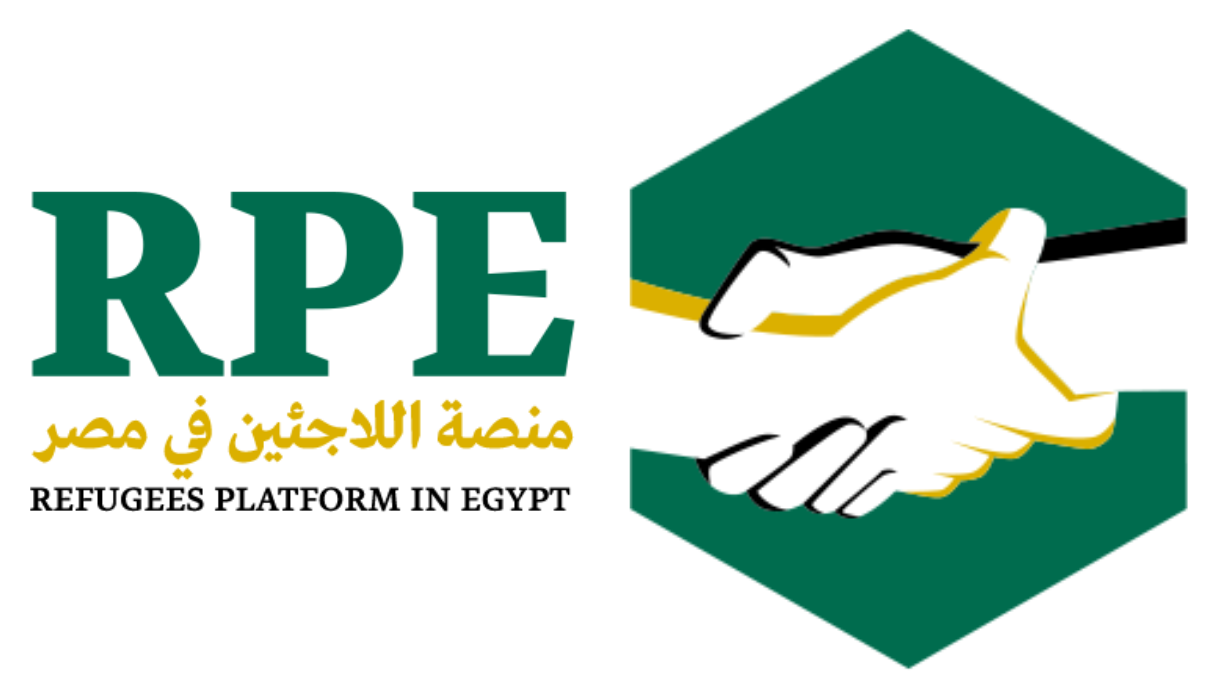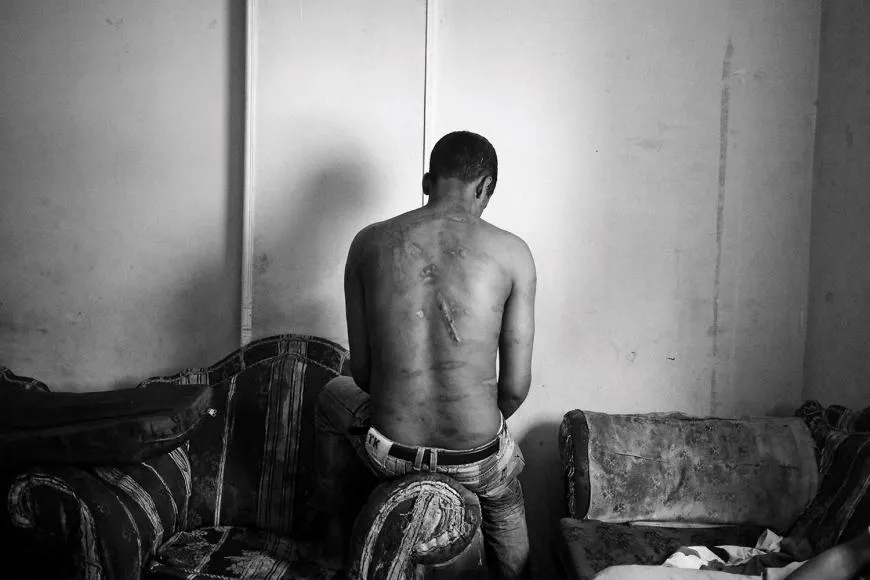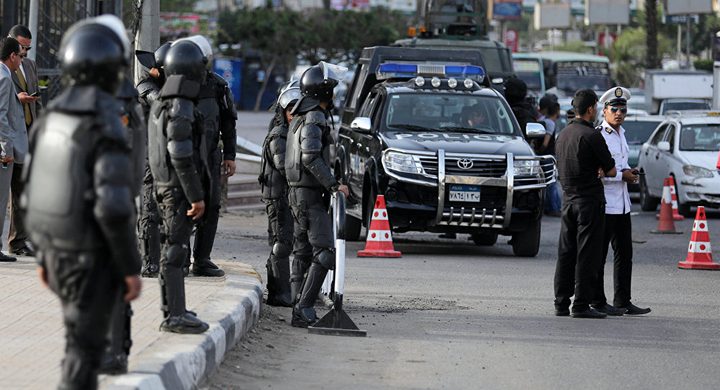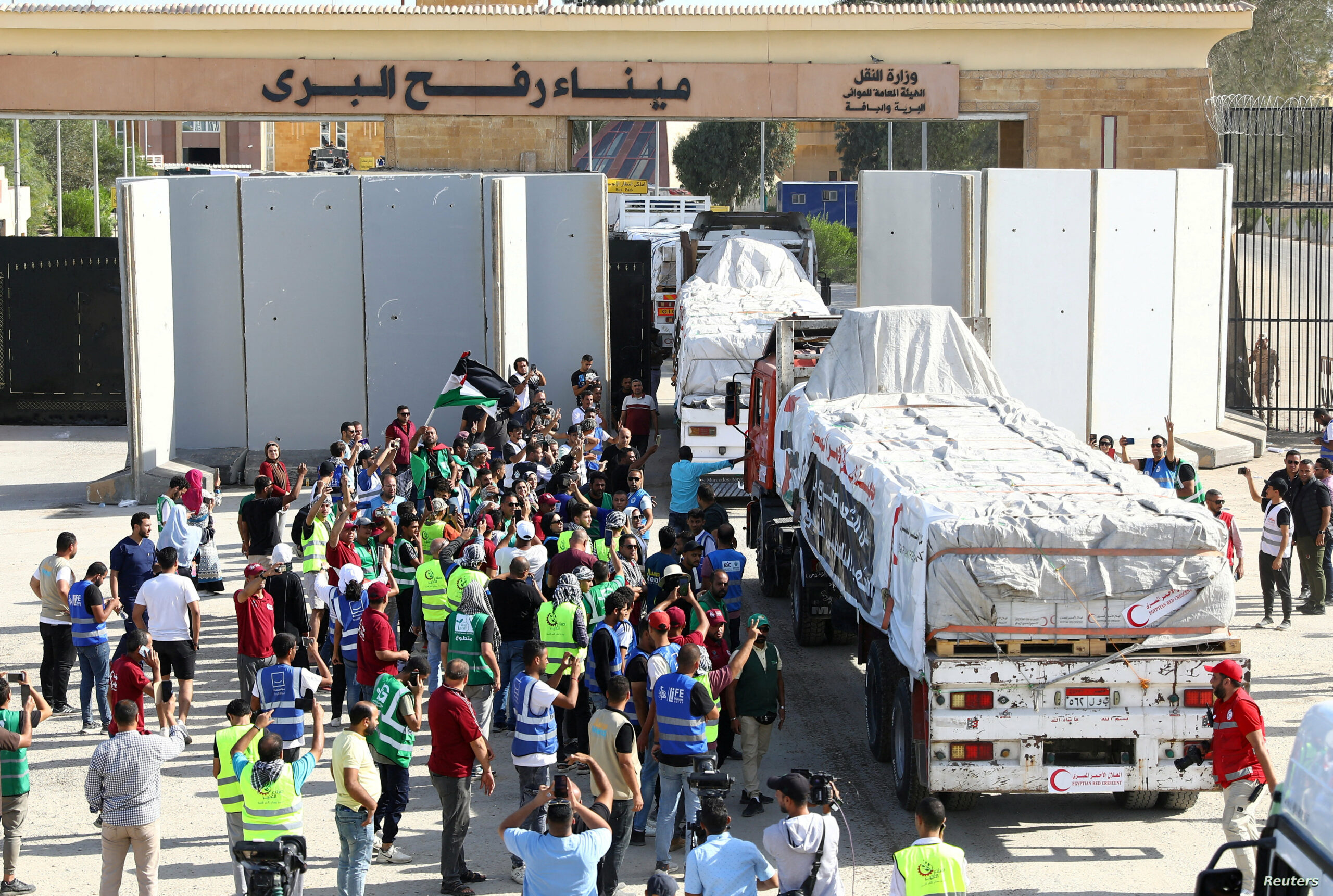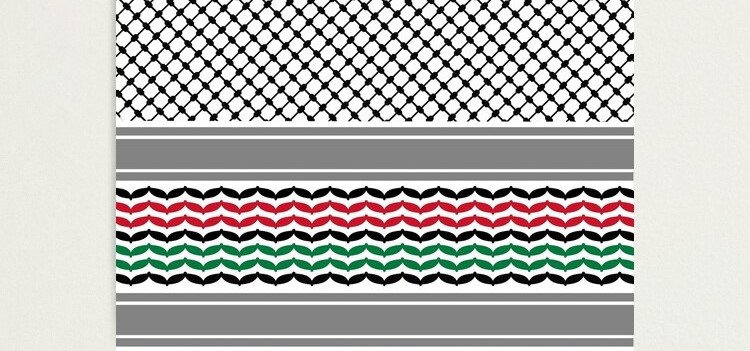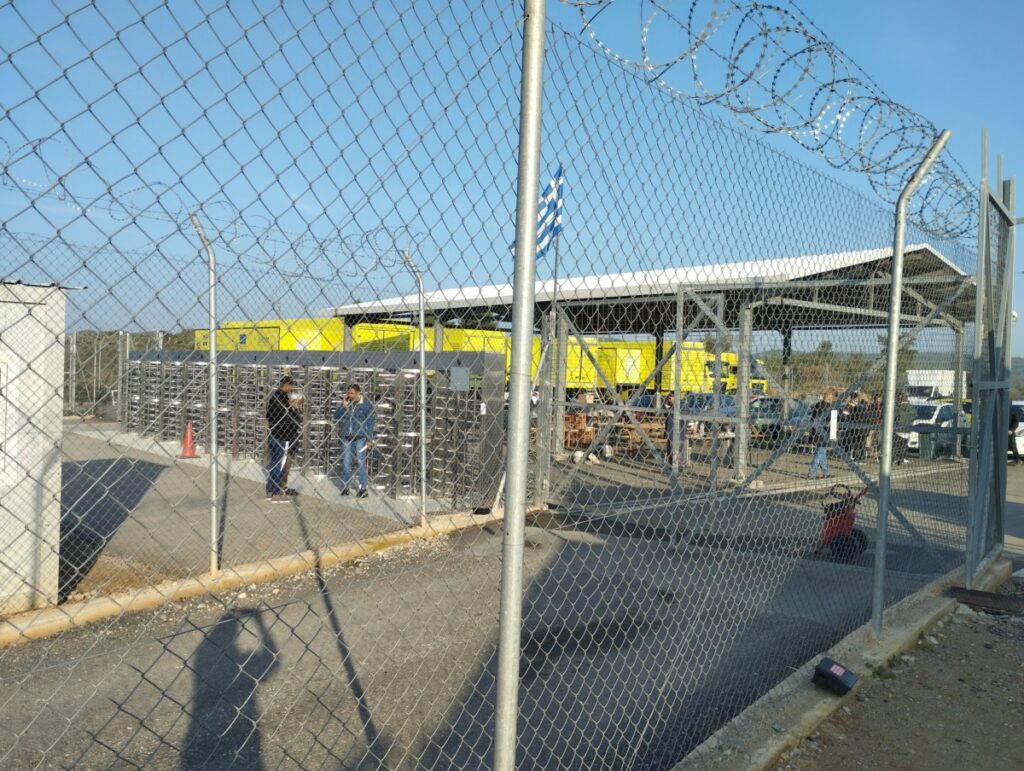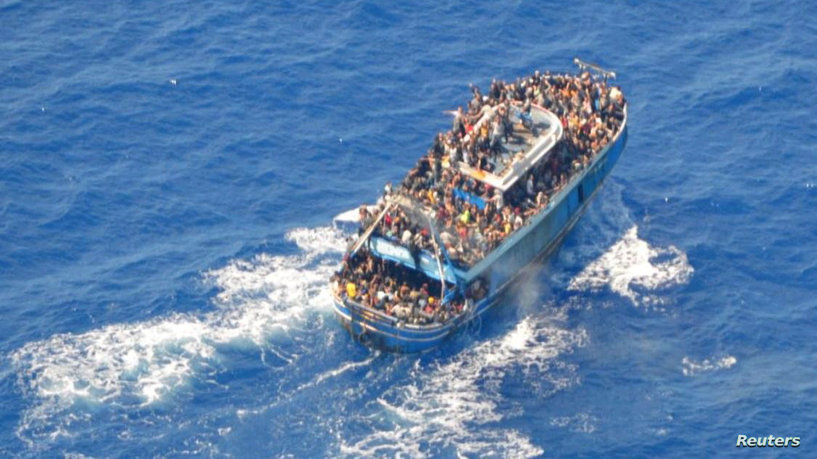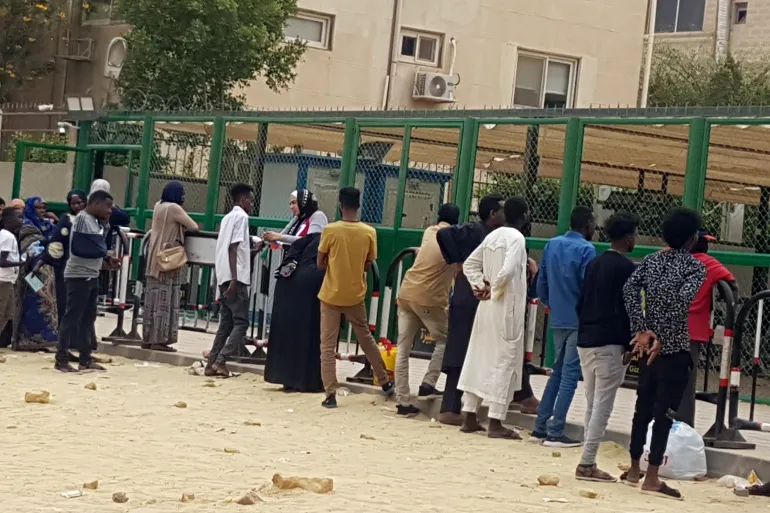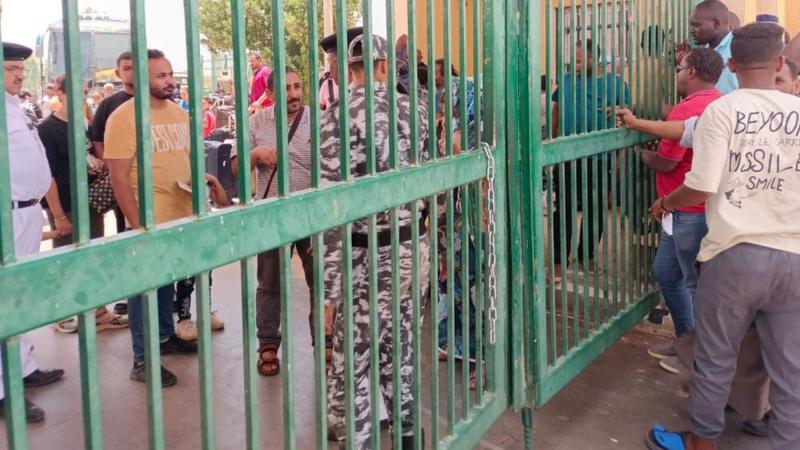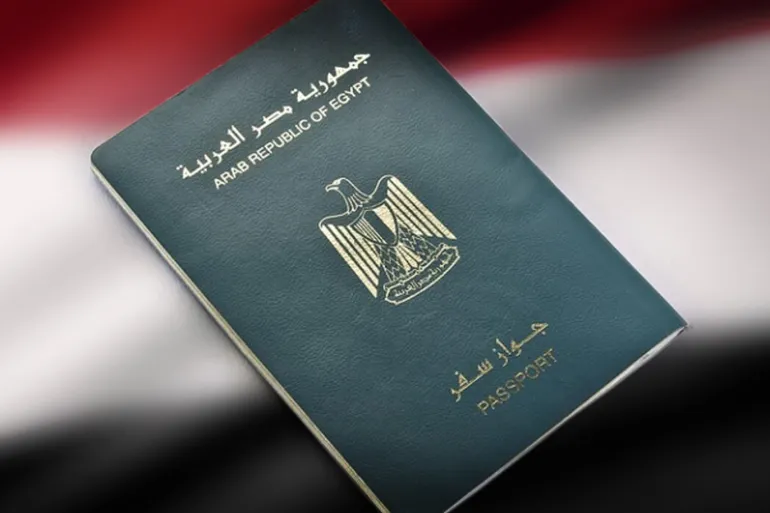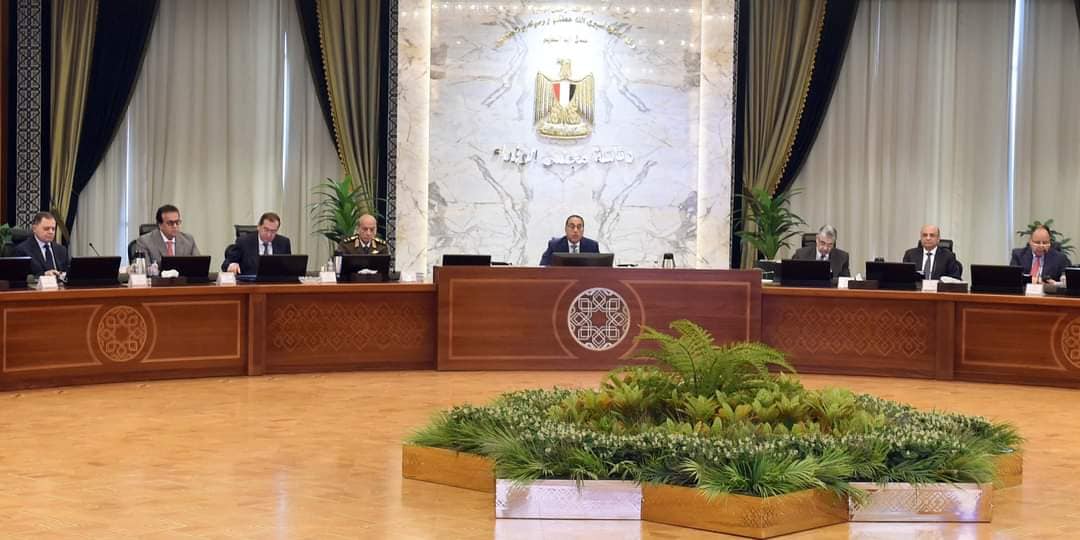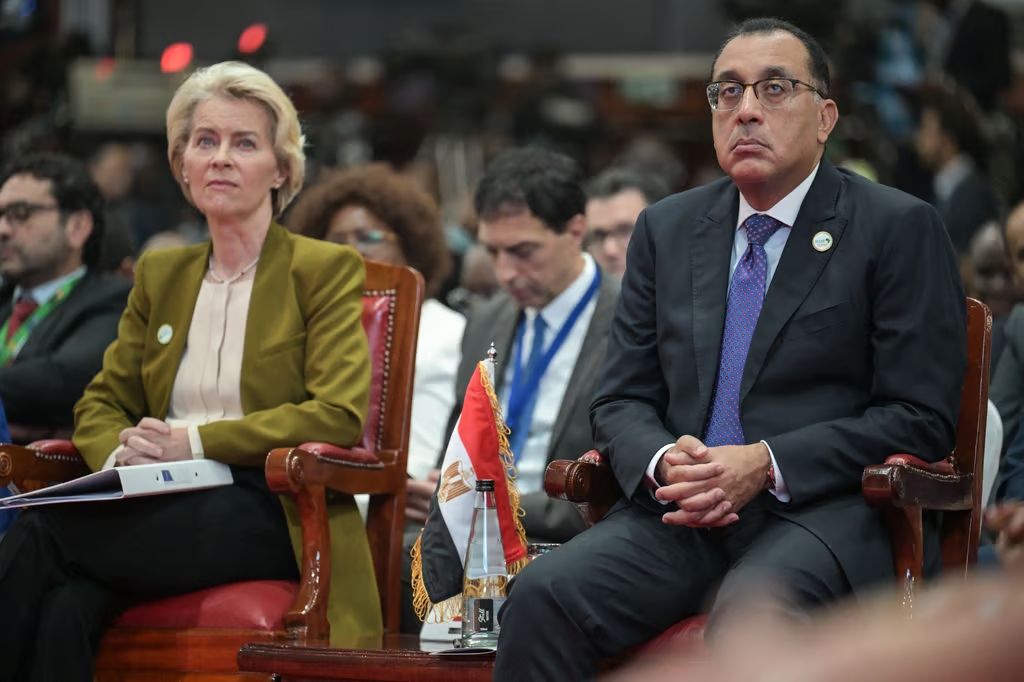Human Rights Watch (HRW) said yesterday in a statement that the Egyptian authorities are forcibly deporting Eritrean asylum seekers, including children, without assessing their asylum claims or other protection needs. It condemned these practices, saying that such measures expose the deportees to the risk of arbitrary arrest and torture in their countries.
HRW criticized Egypt for carrying out “arbitrary arrests and detentions of asylum seekers, refugees, and other migrants”, as well as denying detainees access to UNHCR and registering asylum applications. And said such measures indicated that other Eritreans in Egypt “face significant risks of deportation.”
The Refugee Platform in Egypt had documented forced returns carried out by the Egyptian authorities last year, between October and the end of December, when the authorities forcibly deported 40 Eritrean asylum seekers to Eritrea in three separate deportations, despite human rights and international warnings.
The last forced deportation operation was monitored by the Refugee Platform, which was launched from Cairo Airport on December 24, 2021. At that time, the Egyptian authorities forcibly deported 24 Eritrean asylum seekers, including children. UN human rights experts, including the special rapporteurs on Eritrea and on torture, earlier protested the forced return in October and November of 15 Eritreans, including at least 7 asylum seekers, saying that others previously returned had been “tortured, held in extremely punitive conditions and disappeared.”
HRW says it wrote to the Egyptian Interior Ministry on December 20, 2021, requesting information about detained Eritrean asylum seekers, UNHCR’s access to detainees, relevant policies, and available alternatives to detaining children. Interior Ministry officials have not responded.
The refugee platform had documented 55 cases of Eritreans detained in police stations in the governorates of Aswan and the Red Sea throughout 2021, and the platform previously announced that among the detainees in Aswan governorate were 44 Eritrean children, which was confirmed by A staff member with an international aid agency to Human Rights Watch.
Human Rights Watch stressed that “deporting Eritrean asylum seekers without due process violates the international legal prohibition against refoulement, or forced return to a country where people may face threats to their life or freedom, torture, or other serious harm.”
HRW explained that Eritrea’s repressive government requires all citizens under 50 to serve in national or military service indefinitely, often years longer than the 18 months authorized by law. Conscription into the country’s abusive indefinite national service begins at high school, where thousands of Eritrean secondary school students, including both girls and boys under 18, are conscripted each year. Anyone of draft age leaving the country without an exit permit is perceived to be a deserter, risking imprisonment in often inhumane conditions, as well as forced labor and torture.
According to information received by the Refugees Platform in Egypt from community leaders, the Egyptian government is currently detaining more than 200 Eritrean refugees and asylum seekers (men, women and children) in the detention facilities of the Ministry of Interior in the governorates (Aswan, Red Sea), some of whom have been transferred to the Eritrean embassy in Cairo and forced them to sign papers for travel documents.
And the numbers are likely to be much higher, as the data of the Egyptian border guards show “thwarting unofficial immigration attempts” for more than 90,000 immigrants and asylum seekers of different nationalities from 2016 to 2021, and the border guards’ data do not explain what happens to people or the procedures followed when they are arrested.
“Egypt should stop forcing Eritreans to return to a country where they face serious risks of arbitrary detention and torture and allow them full access to asylum procedures,” said Joe Stork, deputy Middle East and North Africa director at Human Rights Watch. “The Egyptian authorities should also immediately halt the immigration detention of children.”
HRW stated, “Under international standards, asylum seekers should generally not be detained on immigration grounds. International human rights standards also prohibit immigration-related detention of children”. Egypt is a party to both the 1951 UN and the 1969 African refugee conventions, which prohibit refoulement of refugees and asylum seekers. It is also a party to the 1984 Convention against Torture, which bans forced returns of people to countries where there are “substantial grounds” for believing the person would face risks of torture.
Detention without due process or adequate procedural safeguards is also arbitrary, prohibited by regional and international human rights law. People should not be detained for immigration purposes if their detention is not necessary and proportional to achieving a legitimate, lawful aim.
“By arbitrarily detaining people in need of protection and preventing them from seeking asylum, the Egyptian government is violating its international legal obligations,” Stork said. “Egypt should protect asylum seekers rather than forcibly deporting them to risk of grave harm.”
